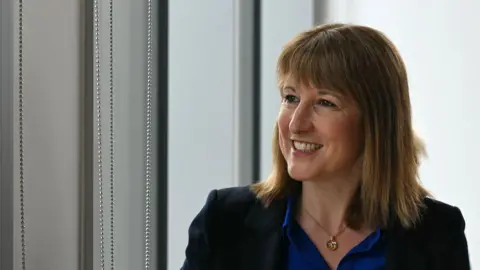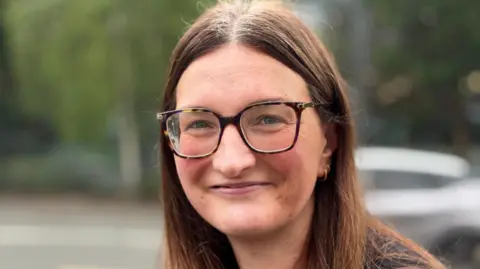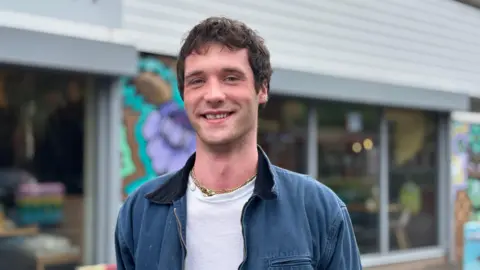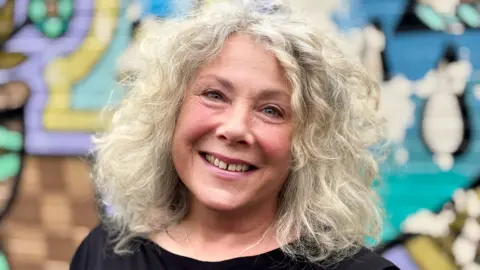What does Leeds think of the chancellor's changes named after city?
 PA Media
PA MediaIf you have money tucked away in an old low-interest account, you can expect a message from your bank in the next few months.
You'll be encouraged to think about whether you want to switch your cash into stocks and shares.
For those first-time buyers who think owning their own home is out of reach, a scheme backed by the government which offers low deposits is going to continue.
These are just two of the financial changes announced this week by Chancellor Rachel Reeves.
Ms Reeves, who also happens to be the MP for Leeds West and Pudsey, heralded the changes as the Leeds Reforms.
The policies announced also seek to change the way the financial ombudsman works among other more technical alterations.
But what do the people of the city after which these changes are named actually think about the wider financial landscape?
'What money for investing?'
 Gemma Dillon/BBC
Gemma Dillon/BBCKatrina Falkener is 35 and graduated during the financial crash of 2008.
It was a time she said was "really difficult" for her generation as there was "no jobs and no hope".
She fears we are in a very similar situation now.
Katrina had heard of the Leeds Reforms and knew people were being encouraged to save money, but she is currently on maternity and does not think the changes will help her that much.
"In the long run for our generation they're not that helpful as I don't feel people have that extra money in their pocket to be investing," she said.
Day-to-day increases in spending on essentials such as food and fuel were devouring more of her money due to rising costs, she said.
Rather than thinking about those who can save, Katrina said the government's first priority was to ensure "more money in people's pocket and make weekly essentials less expensive by reducing those prices in supermarkets".
'There's nothing left'
 Gemma Dillon/BBC
Gemma Dillon/BBCCharlie Burrows, 26, is a residential support worker and is renting in Meanwood.
He hadn't heard of the Leeds Reforms and didn't believe many other people would have as the country's "focus isn't on domestic policy" and the news is concentrating on international events.
Charlie questioned how people of his generation could save as the chancellor wants.
"Eighty to 90% of wages go on food, rent, bills…there's nothing left," he explained.
Plans to allow people to borrow more for mortgages left him with some reservations.
Charlie said he felt the chancellor was providing an answer to the wrong question.
"[She is] trying to solve something that's an issue with pricing.
"But if you look at 2008 financial crisis there was a lot of over-borrowing, people who weren't able to pay it back."
He said the country should be wary of making the same mistake again and look at the housing market and affordability.
'Tax the rich'
 Gemma Dillon/BBC
Gemma Dillon/BBCKaren Tobias-Green, is 63, and has two children, aged 29 and 32.
She said her family was "not loaded but they are OK" and has paid her mortgage off.
Karen accepts she is from a different generation that has been fortunate with "good jobs and proper pensions" which, she thought,"a lot of young people, my own children included, might not have".
Although Karen was pleased people in positions of power were thinking about first-time buyers, she did not think it was good "to allow people to borrow more than they can afford".
On encouraging people to save more money she thinks that is another positive but questioned stocks and shares ISAs as on a moral basis she wanted to know "what I was investing in".
What would make a big difference?
"Tax the rich," she said.
"Education, social housing, healthcare are not meant to be profit-making, they are a basic human right."
Listen to highlights from West Yorkshire on BBC Sounds, catch up with the latest episode of Look North or tell us a story you think we should be covering here.
